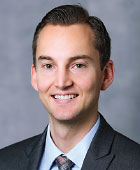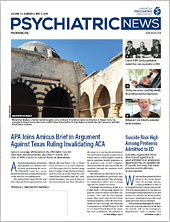Every year thousands of medical students make the pivotal transition to residency. It is an annual rite of passage filled with myriad emotions, including fear. There is reason for new residents to have trepidation. The statistics about well-being in postgraduate training are shocking. Around 50% of residents across specialties are burned out. That’s right—almost half of the new physician workforce is demoralized before starting their careers.
Residents expect life to be challenging during residency, but does it need to be at a level of crisis?
Hearing from those before me, I entered residency expecting to be punished. Sleepless nights, overwhelming patient loads, authoritarian attendings, and loss of contact with the outside world were all part of the package. Part of me hoped to be worked to the brink of breakdown—then I could say I proved myself to the medical community. Looking back now, I’m bewildered by the culture of residency. Is this the best the graduate training community offers?
I consider myself one of the lucky ones. I have not been broken down or abused. To the contrary, I have been empowered. I’ve seen how enriching postgraduate training can be. Residency has surpassed all my expectations.
The culture of support that leads to this sense of fulfillment starts at the top. In my program, residents are treated as valuable members of the team. We are not spread thin to maximize hospital needs. Our education comes first, even if the system pressures us for more. There is time for life outside of medicine. Leave is flexible—available throughout much of the year, as it is in most other jobs. When emergencies arise, residents are encouraged to take the time off they need.
Just because we have work-life balance does not mean we are not challenged. From day one, we are given responsibility and are pushed beyond our comfort level. We have long call shifts and work nights, teaching us to think independently. There are times in residency when high-pressure situations and exhausting cases make you a better physician.
Having time away from the hospital has not only helped prevent burnout but also given me the opportunity for personal education and research. I have the time and energy to partner with world-class researchers and educators on projects while honing my interests. I am getting the education I need to develop into a competent clinician.
Together, these characteristics have made the last two years the best years of my medical education. I am thriving, happy, and fulfilled. I am not struggling to stay afloat as I had presumed. With so much focus now on overextended physicians, it is useful to take a moment to recognize and learn from a system, in my opinion, that is helping to counteract this trend. ■

